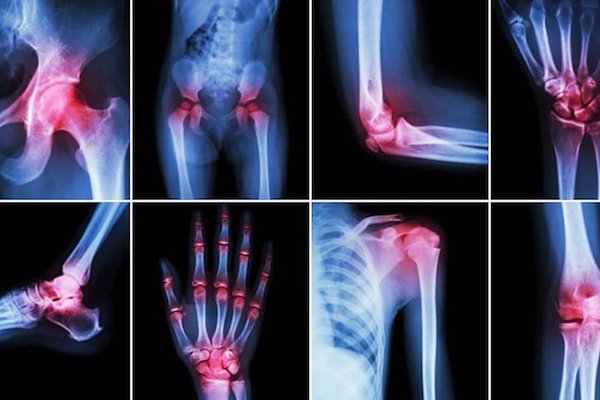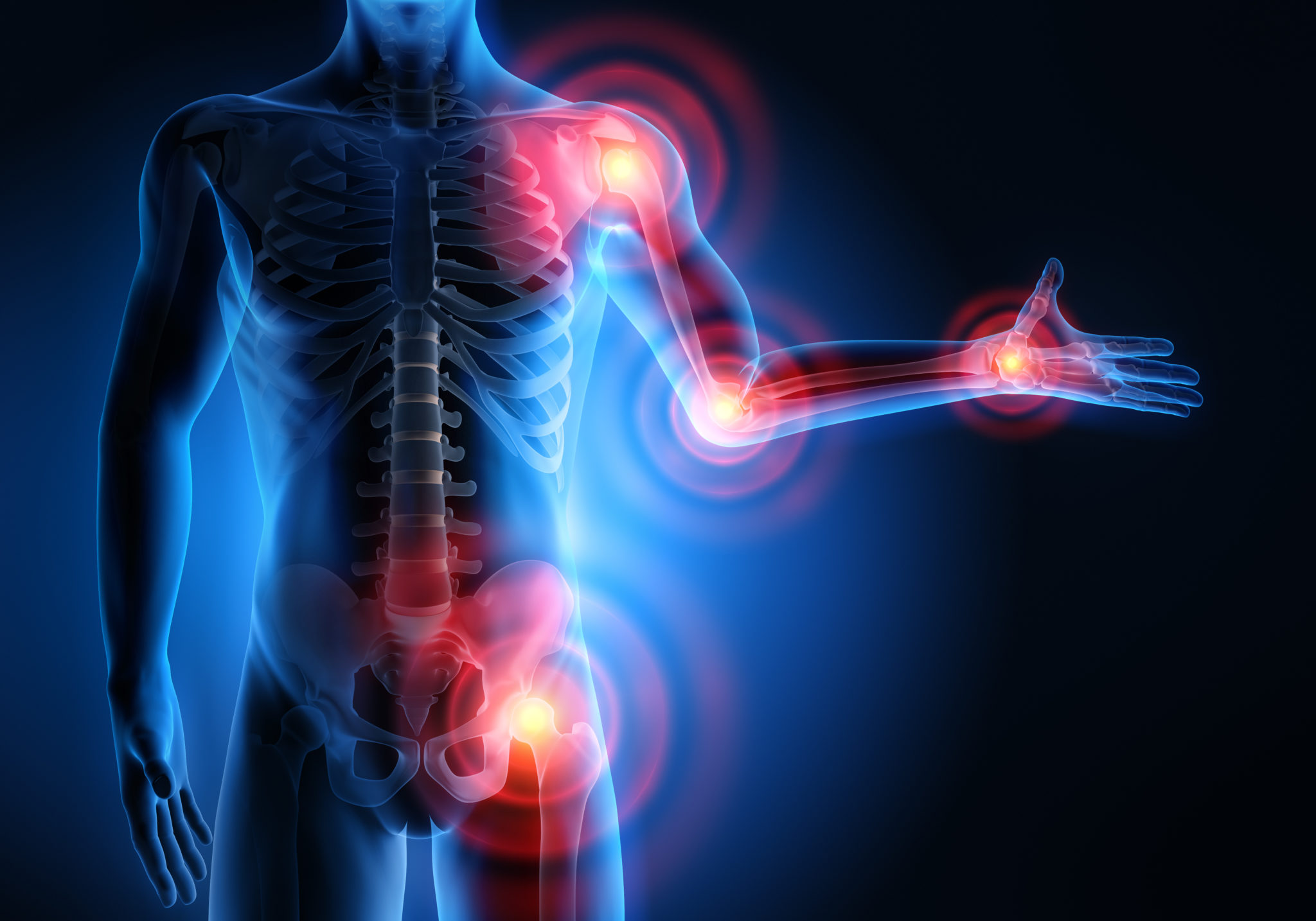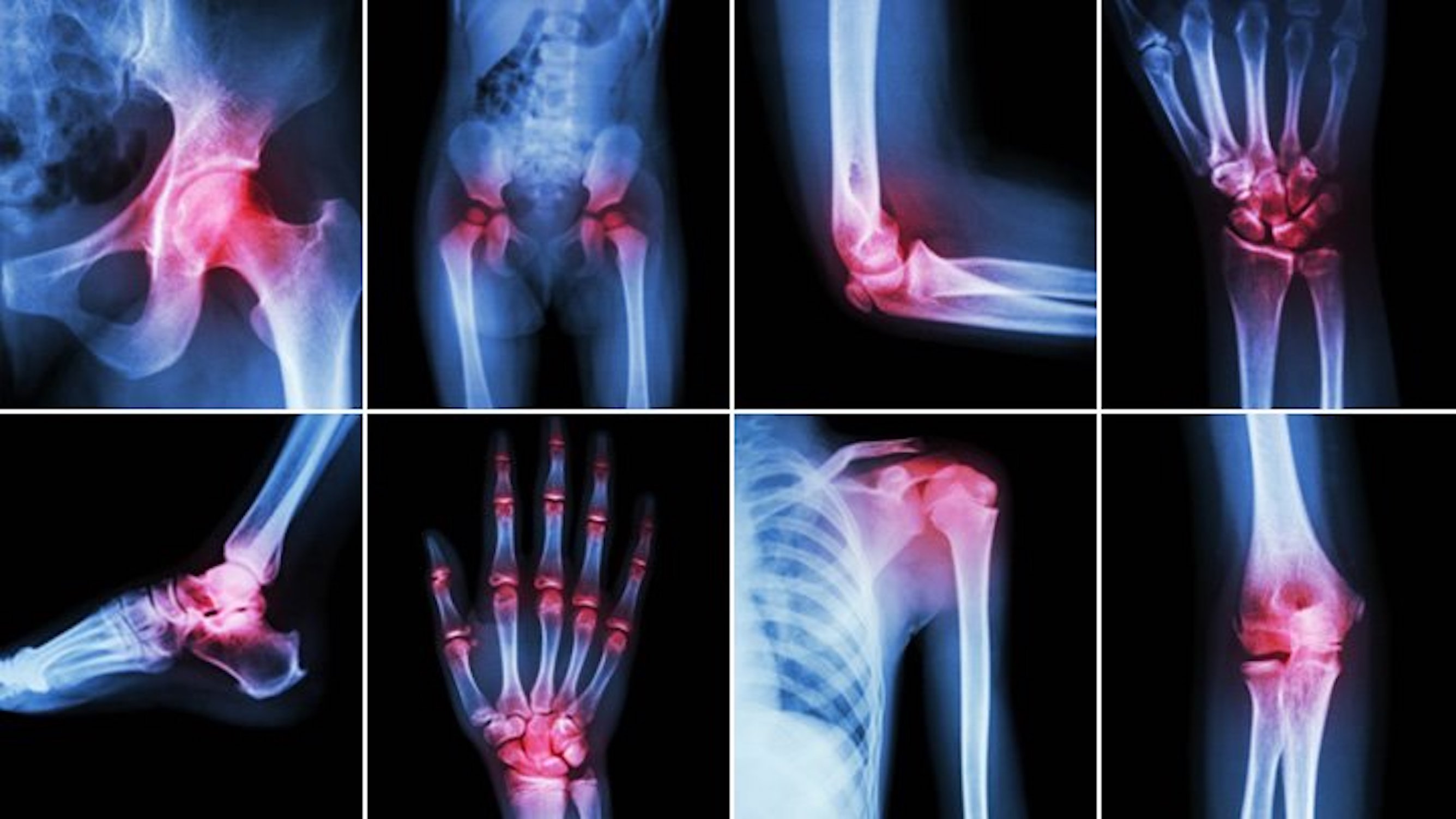Citing the observed expression of the type I interferon (IFN) gene signature in early rheumatoid arthritis (RA), researchers performed a randomized trial to further identify the role of interferon-alpha (IFNα)-type protein levels in patients with RA. Their report, published in Arthritis Research & Therapy, stated that protein positivity was found in a subgroup of participants, and was associated with double-positivity for autoantibodies but not disease activity.
The study’s lead author, Marit Stockfelt, PhD, explained, “pre-treatment IFNα positivity did not predict remission in any of the treatment arms, suggesting that the IFNα system is distinct from the pathways of TNF, IL-6, and T-cell activation in early RA.”
Plasma IFNα protein levels of 347 samples from patients in the NORD-STAR cohort were determined via single molecular array (Simoa) at treatment initiation and week 24, and evaluated based on factors including clinical disease activity index, disease activity score in 28 joints, swollen and tender joint counts, and patient global assessment.
Analysis revealed IFNα protein positivity in 26% of the patients, 92% of which were double-positive for rheumatoid factor (RF) and anti-citrullinated protein antibodies (ACPA). IFNα protein levels were lower at week 24 post-treatment. However, investigators did not associate IFNα positivity with disease activity or the rate of Clinical Disease Activity Index (CDAI) remission achieved.
According to the authors, the direct measurement of IFNα protein levels in plasma, rather than use of proxy markers in previous studies, was a major strength of their study design. However, they did accept it was limited by not collecting data on IRG expression alongside IFNα levels. Additionally, the concentrations of RF and ACPA were assessed at different facilities, which prevented the study’s analysis of autoantibody levels and their relation to IFNα protein levels.
In short, IFNα protein positivity did exist in patients with early untreated RA, but was not an indicator of disease activity or a predictor of remission after 24 weeks. Protein levels were, however, an indicator of double-positivity for RF and ACPA, which warranted further research according to the article. “For example, measurement of IFNα protein in synovial fluid would be of value to elucidate the role of IFNα in the local inflammation of the joint,” suggested Stockfelt.
Source: Arthritis Research & Therapy









